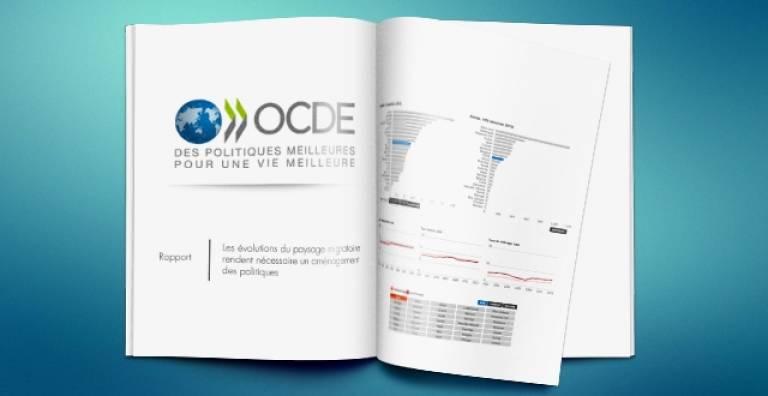A report by the Organization for Economic Cooperation and Development (OECD) released on Monday 1 December 2014, reviews the intensification of movement within the European Union after several years of decline due to the crisis.
Germany is, according to the report, the first destination of immigration in Europe: "Immigration has increased for the fourth consecutive year, reaching more than 450 000 new entries in 2013, an increase in double figures. Three-quarters of these new immigrants come from other EU countries and Germany is now the second country of destination in the OECD, behind the United States. "
However, it’s noted that several major countries recorded a decline in immigration, including the United States, Italy, Portugal and Spain. Net migration is well below pre-crisis levels, but remains positive in most OECD countries, with the notable exception of Mexico, Iceland, Ireland, Spain and Portugal, ".
"The number of highly skilled immigrants has increased by 70% over the last decade and now exceeds 31 million. But the unemployment rate remains higher than that of their counterparts born in the country and their depreciation rate is also higher than 50%, "the statement said, adding that" overall, the crisis hit immigrants in particular: in the 15 million unemployed in the OECD since the beginning of the crisis, about 1 in 5 is foreign-born. "
Angel Gurría, Secretary-General of the OECD said, during the presentation of the report in Paris that "countries will benefit more from immigration if they considered migrants as a resource rather than a problem, and integration policies as an investment.»
"Migration policies should be a priority for the OECD countries, and integration policies considered the best possible investment in terms of economic growth, social cohesion and well-being," said Mr. Gurría who stated that "the cost of inaction in the short and long term in a context where the needs are changing rapidly are considerable. Policymakers must conduct an open and informed debate on migration to build confidence and ensure that everyone reaps the benefits. "
The OECD now has more than 115 million migrants, about 10% of its total population. According to the new report, "Migration policies should keep pace with these developments."

